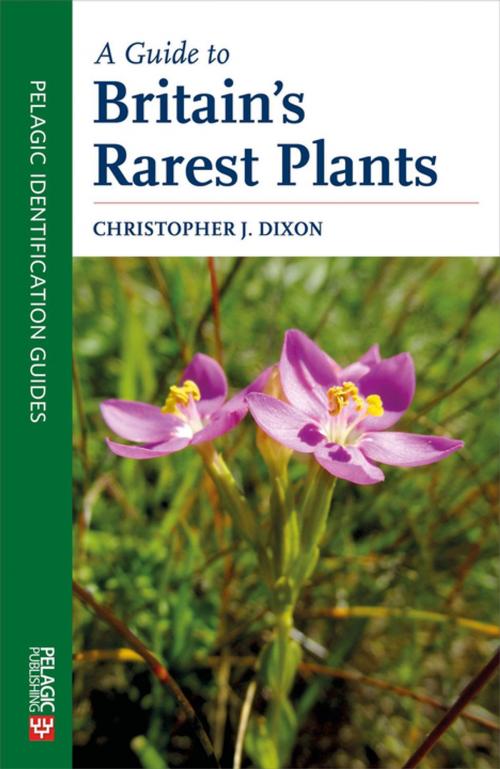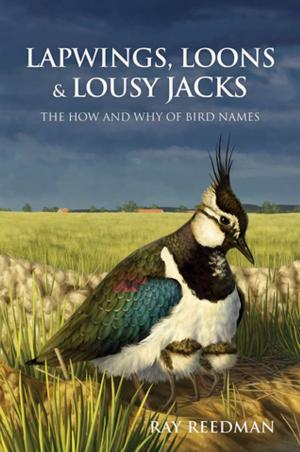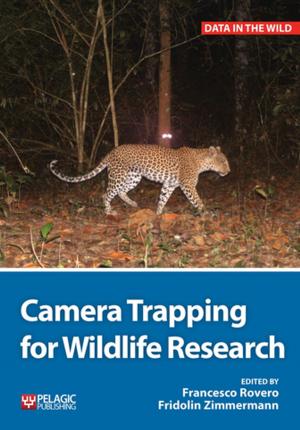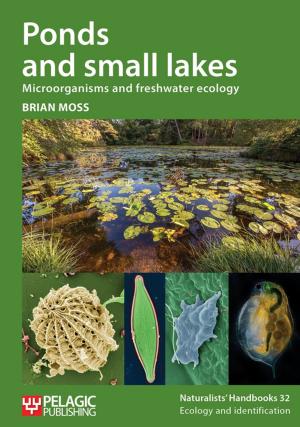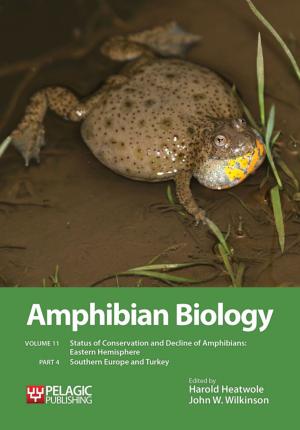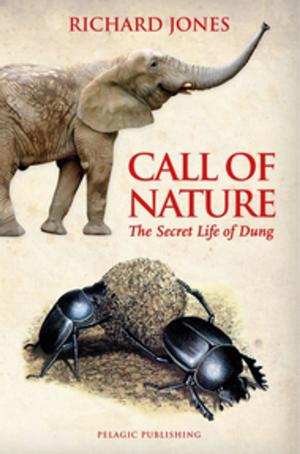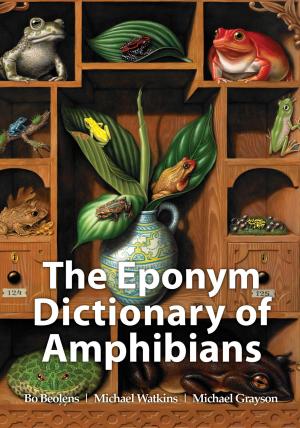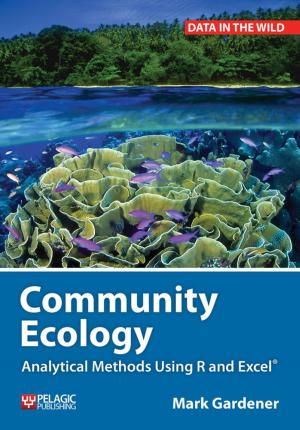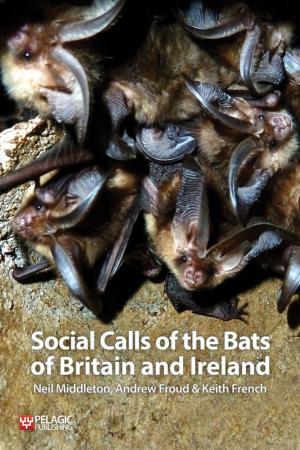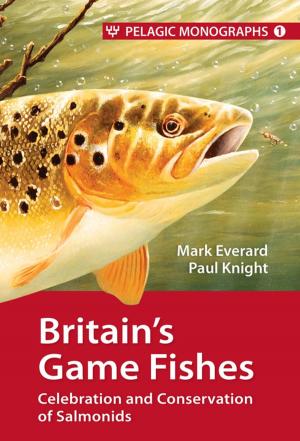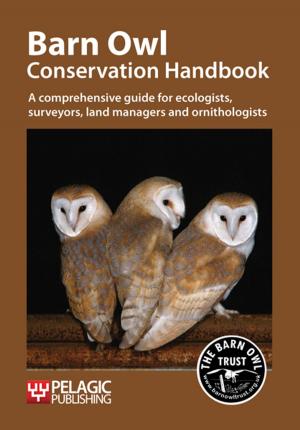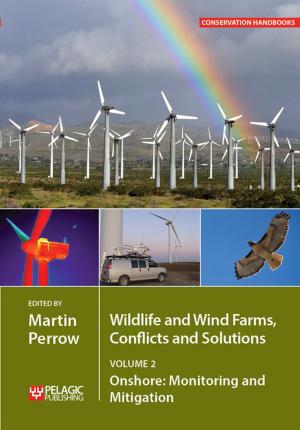A Guide to Britain's Rarest Plants
Nonfiction, Science & Nature, Science, Biological Sciences, Botany, Ecology| Author: | Christopher Dixon | ISBN: | 9781784271473 |
| Publisher: | Pelagic Publishing | Publication: | August 8, 2017 |
| Imprint: | Pelagic Publishing | Language: | English |
| Author: | Christopher Dixon |
| ISBN: | 9781784271473 |
| Publisher: | Pelagic Publishing |
| Publication: | August 8, 2017 |
| Imprint: | Pelagic Publishing |
| Language: | English |
For centuries, botanists have been drawn to the rarest species, sometimes with dire consequences for the species’ survival. In this book, Great Britain’s rarest flowering plants are discussed in turn, including the stories behind their discovery, the reasons for their rarity, and the work being done to save them from dying out. It is hoped that it will help to throw light on some of the species that normally gain little attention, and foster an appreciation of our most threatened plants.
This guide describes 66 native species of plants that have the most narrowly restricted ranges in Great Britain. These range from continental, warmth-loving species in the south of England to those found only on the highest Scottish mountains. Each species is shown together with its habitat to allow the reader to better understand the ecological context. Other scarce plants in the same area are indicated.
For centuries, botanists have been drawn to the rarest species, sometimes with dire consequences for the species’ survival. In this book, Great Britain’s rarest flowering plants are discussed in turn, including the stories behind their discovery, the reasons for their rarity, and the work being done to save them from dying out. It is hoped that it will help to throw light on some of the species that normally gain little attention, and foster an appreciation of our most threatened plants.
This guide describes 66 native species of plants that have the most narrowly restricted ranges in Great Britain. These range from continental, warmth-loving species in the south of England to those found only on the highest Scottish mountains. Each species is shown together with its habitat to allow the reader to better understand the ecological context. Other scarce plants in the same area are indicated.
